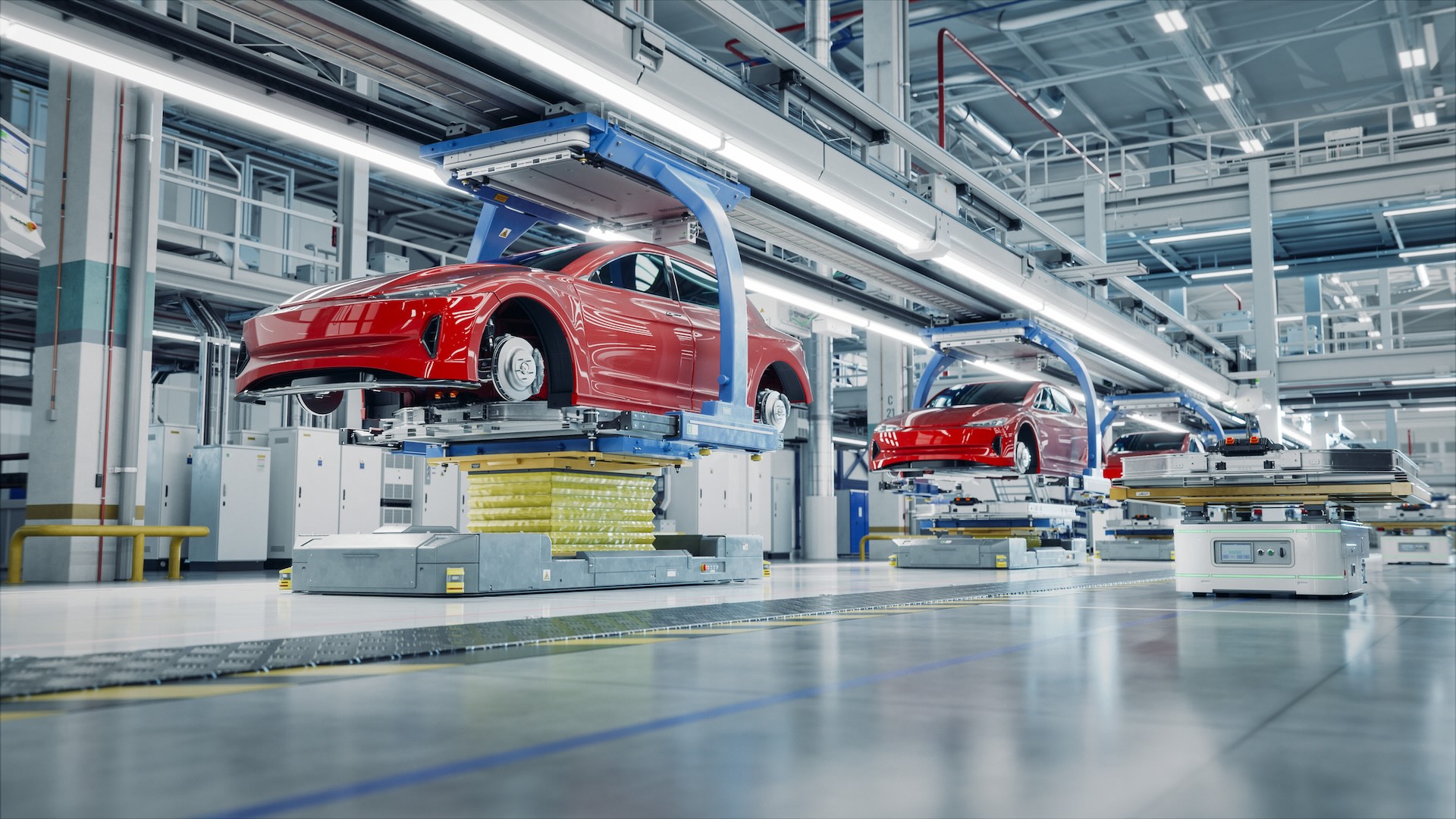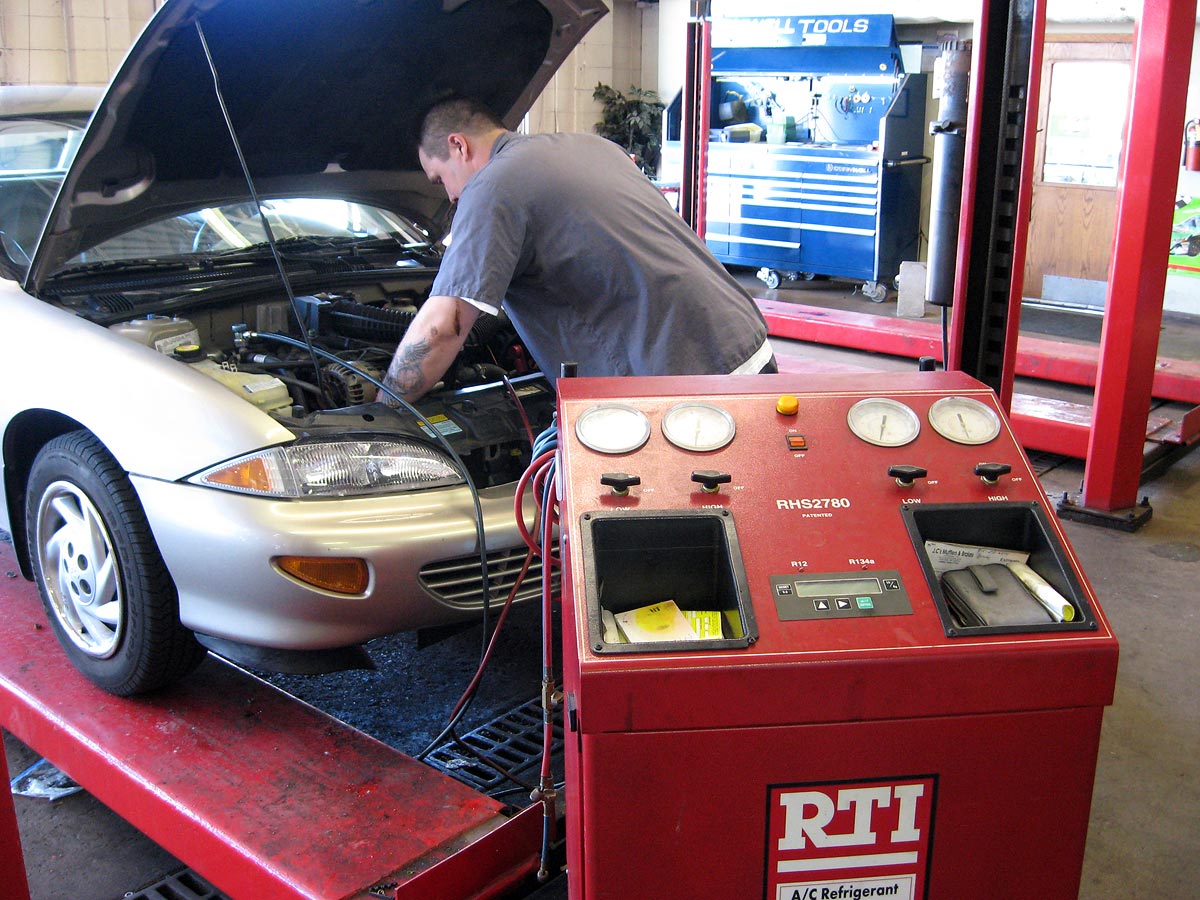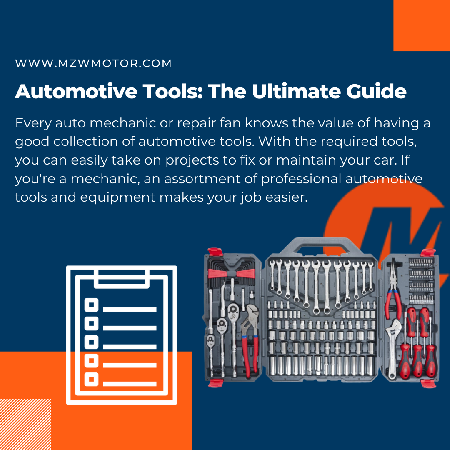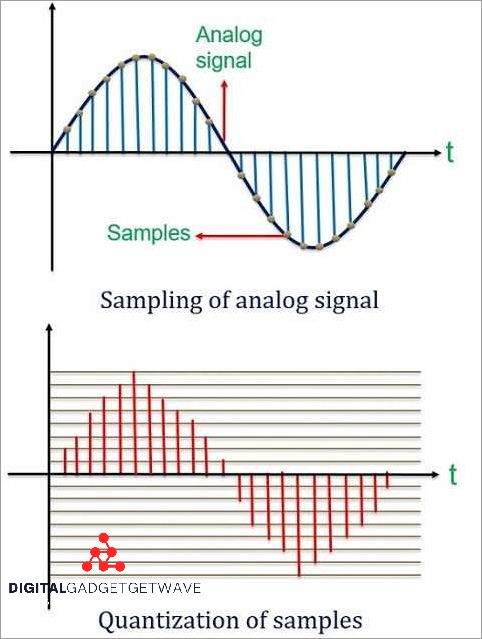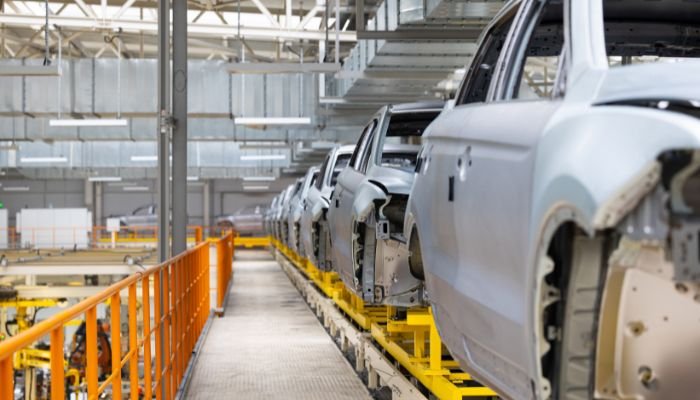How to Get into Automotive Engineering: Complete Career Guide
Understand automotive engineering
Automotive engineering represent one of the virtually dynamic and innovative fields in modern engineering. This specialized discipline combine mechanical, electrical, electronic, software, and safety engineering principles to design, develop, test, and manufacture vehicles and their systems.
The automotive industry continue to evolve speedily with electric vehicles, autonomous driving technology, and sustainable manufacturing processes. Engineers in this field work on everything from traditional internal combustion engines to cut edge battery systems and artificial intelligence integration.
Educational requirements and pathways
Bachelor’s degree foundation
Most automotive engineers begin with a bachelor’s degree in mechanical engineering, automotive engineering, or related fields such as electrical engineering or materials science. Mechanical engineering provide the broadest foundation, cover thermodynamics, fluid mechanics, materials science, and design principles essential for automotive applications.
Specialized automotive engineering programs offer more targeted coursework include vehicle dynamics, powertrain systems, automotive electronics, and manufacturing processes. These programs oft include hands on laboratory work with engines, transmissions, and vehicle testing equipment.
Advanced education options
While not invariably require, a master’s degree can importantly enhance career prospects and earn potential. Advanced degrees allow specialization in areas like electric vehicle technology, autonomous systems, or advanced materials. Many professionals pursue graduate education while work, take advantage of employer tuition assistance programs.

Source: automotiveengineeringhq.com
Doctoral degrees are typically pursued by those interested in research and development roles or academic careers.PhDd programs focus on cut edge research in areas like alternative fuels, advanced manufacturing techniques, or vehicle safety systems.
Essential skills and competencies
Technical skills
Strong mathematical and analytical skills form the foundation of automotive engineering. Proficiency in calculus, differential equations, and statistics is essential for modeling vehicle behavior, analyze performance data, and optimize designs.
Computer aid design (cad )software proficiency is crucial. Programs like soSolidWorkscaCariaand auAutoCADre industry standards fofor creatingetailed vehicle component designs and assemblies. Additionally, simulation software such as MATLAB, Simulink, and ANSIs help engineers model and test systems before physical prototyping.
Programming skills are progressively valuable as vehicles become more computerized. Knowledge of c++, python, or embed systems programming can open doors to roles in automotive software development and electronic control systems.
Soft skills
Communication skills are vital for collaborate with multidisciplinary teams, present design concepts, and document technical specifications. Automotive projects involve mechanical engineers, electrical engineers, software developers, designers, and manufacturing specialists work unitedly.
Problem solve abilities and creative thinking help engineers overcome design challenges and develop innovative solutions. The automotive industry face constant pressure to improve fuel efficiency, reduce emissions, enhance safety, and meet consumer demands for advanced features.
Project management skills become important as engineers advance in their careers. Understand project timelines, resource allocation, and quality control processes is essential for lead development teams and bring products to market successfully.
Gain relevant experience
Internships and co op programs
Internships provide invaluable real world experience and network opportunities. Major automotive manufacturers like ford, General Motors, Toyota, and BMW offer comprehensive internship programs. These positions allow students to work on actual vehicle development projects and gain exposure to industry practices.
Cooperative education programs integrate academic study with practical work experience. Students alternate between classroom learning and full-time employment, oftentimes with the same company throughout their academic career. This approach provide deep industry exposure and oftentimes lead to full-time job offer upon graduation.
Entry level positions
New graduates typically start in roles such as design engineer, test engineer, or manufacturing engineer. These positions provide hands-on experience with specific vehicle systems and manufacturing processes while build professional networks within the industry.
Automotive suppliers offer excellent entry points into the field. Companies specialize in engines, transmissions, electronics, or other components oft provide more focused experience and opportunities for rapid skill development.
Industry sectors and career paths
Traditional automotive manufacturers
Establish automakers continue hire engineers for traditional vehicle development and manufacturing. These companies are simultaneously developed electric vehicles, hybrid systems, and advanced driver assistance systems while maintain exist product lines.
Career progression in large manufacturers oftentimes follow technical or management tracks. Technical specialists may become chief engineers or technical fellows, while others move into program management, oversee entire vehicle development programs.
Electric vehicle and technology companies
Companies like tesla, Rivian, and Lucid Motors focus entirely on electric vehicles and frequently offer accelerate career growth opportunities. These companies typically have flatter organizational structures and encourage innovation and rapid decision-making.
Technology companies enter the automotive space, include apple, google, and various startups, seek engineers with both automotive knowledge and software development skills. These roles oftentimes focus on autonomous driving systems, connectivity features, and user interface design.
Automotive suppliers
Tier 1 suppliers like Bosch, continental, and Delphi develop major vehicle systems and components. These companies oftentimes specialize in specific technologies, allow engineers to develop deep expertise in areas like brake systems, engine management, or infotainment systems.
Work for suppliers provide exposure to multiple automotive manufacturers and their different approaches to vehicle development. This experience can be valuable for understand industry-wide trends and best practices.
Specialization areas
Powertrain engineering
Powertrain engineers focus on engines, transmissions, and related systems. This field includes traditional internal combustion engines, hybrid systems, and electric drivetrains. Engineers in this area work on improve efficiency, reduce emissions, and optimize performance across various driving conditions.
Vehicle dynamics and chassis
Chassis engineers design suspension systems, steering systems, and brake systems that determine how vehicles handle and ride. This specialization require understanding of vehicle dynamics, materials science, and manufacturing processes.
Electronics and software
Modern vehicles contain dozens of electronic control units manage everything from engine operation to entertainment systems. Engineers in this field develop embed software, design electronic circuits, and integrate various vehicle systems.
Safety and testing
Safety engineers ensure vehicles meet regulatory requirements and protect occupants in crashes. This work involve crash testing, computer simulation, and design safety systems like airbags and structural reinforcements.
Professional development and certification
Professional engineering license
While not invariably require, obtain a professional engineer (pe )license demonstrate competency and commitment to the field. The license require pass the fundamentals of engineering exam, gain relevant work experience, and pass the professional engineering exam.
Industry certifications
Various organizations offer certifications relevant to automotive engineering. The society of automotive engineers (sSAE)provide professional development courses and certifications in specific technical areas. These credentials can enhance career prospects and demonstrate specialized knowledge.
Continuing education
The automotive industry evolve quickly, make continuous learning essential. Engineers attend conferences, take courses, and participate in professional organizations to stay current with new technologies and industry trends.
Salary expectations and job market
Automotive engineers typically earn competitive salaries that vary base on experience, location, and specialization. Entry level positions broadly offer salaries comparable to other engineering disciplines, with significant growth potential as engineers gain experience and take on greater responsibilities.

Source: YouTube.com
Geographic location importantly impact compensation. Areas with major automotive manufacturing presence, such as Detroit, Michigan, or Stuttgart, Germany, much offer higher salaries but may besides have higher living costs.
The job market for automotive engineers remains strong, drive by ongoing vehicle electrification, autonomous driving development, and the need to meet progressively stringent emissions and safety regulations. Engineers with skills in electric vehicle technology, software development, and advanced materials are especially in demand.
Build your path forward
Success in automotive engineering require combine technical expertise with industry knowledge and professional networking. Start by excelling in your engineering coursework while seek opportunities to apply classroom learning to real automotive challenges.
Participate in student organizations like formula SAE, where teams design and build race cars. These competitions provide hands-on experience with vehicle design, manufacturing, and testing while build relationships with peers and industry professionals.
Stay informed about industry trends by read trade publications, attend conferences, and follow automotive news. Understand market forces, regulatory changes, and technological developments will help you make informed career decisions and will identify will emerge opportunities.
Consider the global nature of the automotive industry when plan your career. Many engineers work for international companies or on global vehicle programs. Language skills and cultural awareness can be valuable assets for career advancement.
The automotive industry offer exciting opportunities for engineers passionate about transportation, technology, and innovation. With proper preparation, relevant experience, and continuous learning, you can build a rewarding career contribute to the future of mobility.
MORE FROM promospotlight.com
